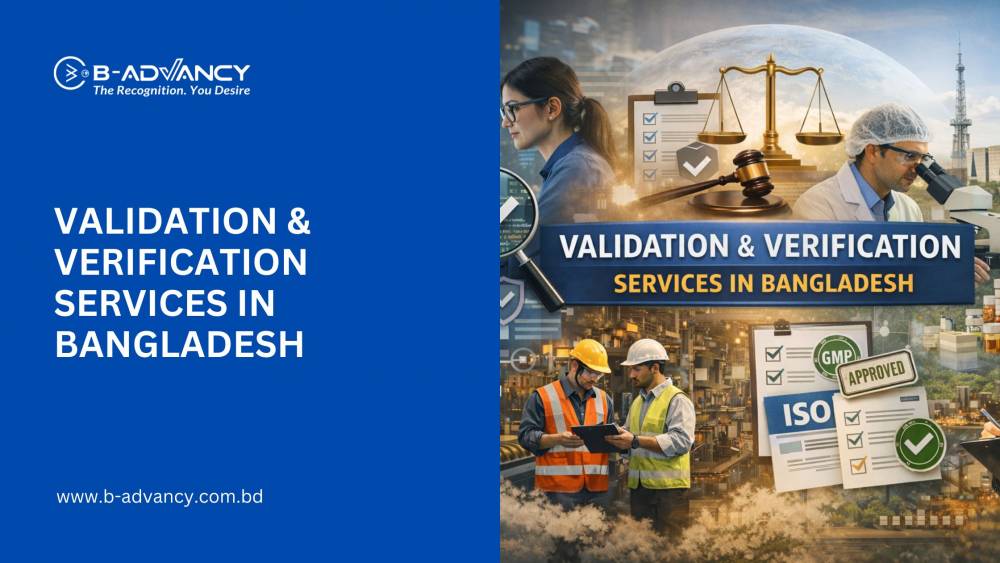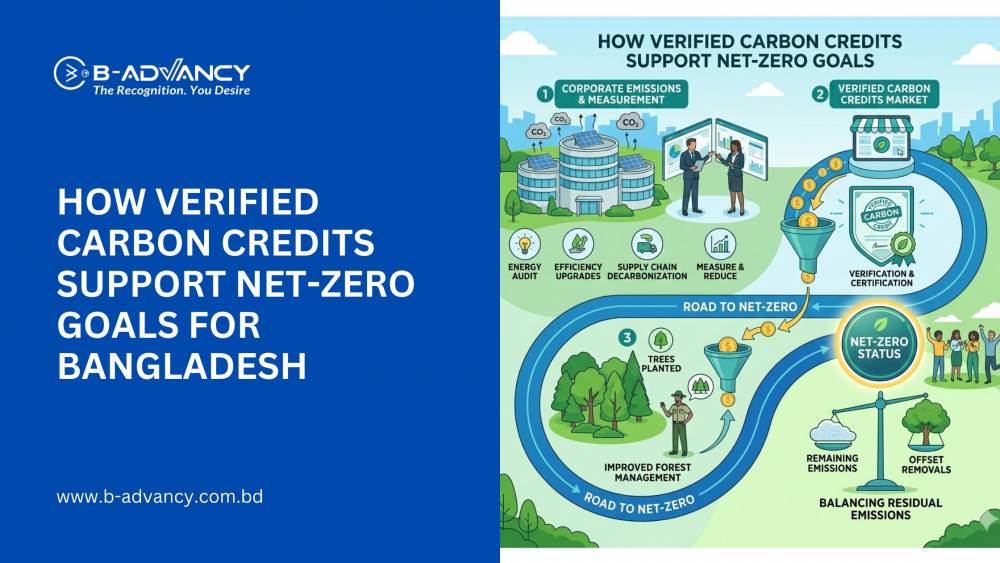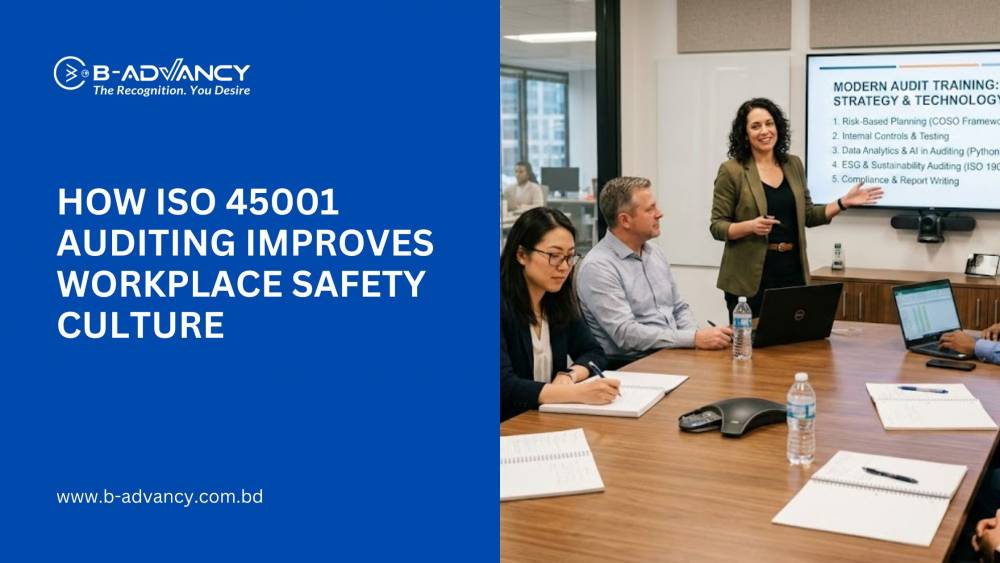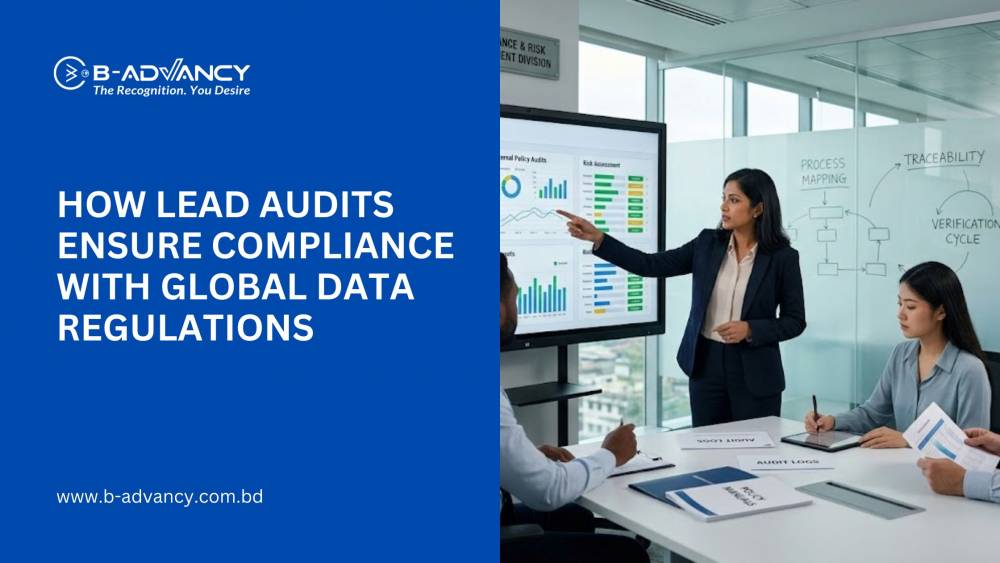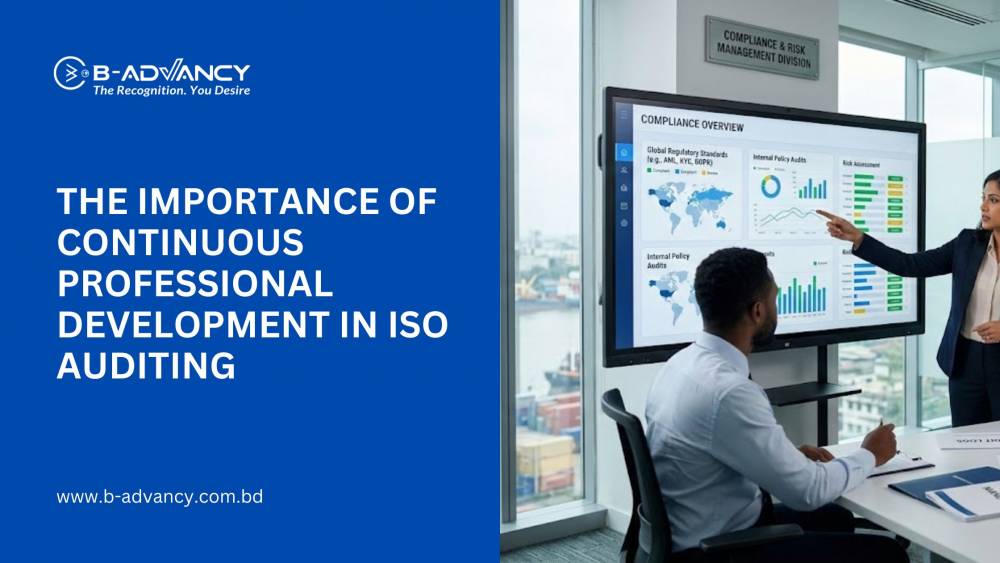In today’s digital age, the importance of safeguarding personal data has never been more critical. For organizations in Bangladesh, ensuring compliance with data protection regulations and maintaining customer trust is paramount. ISO/IEC 27701:2019 certification offers a globally recognized framework for managing privacy information, helping organizations navigate the complex landscape of data privacy. In this blog, we will explore the significance of ISO/IEC 27701:2019 certification for businesses in Bangladesh, the benefits it offers, and how it aligns with local regulations. We will also guide you on how to begin your certification journey with B-ADVANCY Certification Limited.
What is ISO/IEC 27701:2019 Certification and Why is it Important?
ISO/IEC 27701:2019 is an extension to the widely adopted ISO/IEC 27001 and ISO/IEC 27002 standards, focusing specifically on privacy information management. This standard provides a framework for establishing, implementing, maintaining, and continually improving a Privacy Information Management System (PIMS). It helps organizations manage personal data more effectively, ensuring compliance with privacy regulations and enhancing customer trust.
In Bangladesh, where digital transformation is rapidly accelerating across various sectors, including banking, healthcare, and e-commerce, protecting personal data is crucial. ISO/IEC 27701:2019 certification demonstrates a commitment to privacy management, helping businesses build trust with customers and stakeholders while complying with local and international data protection laws.
Key Features of ISO/IEC 27701:2019
Privacy Information Management System (PIMS)
ISO/IEC 27701:2019 focuses on the management of personal data within an organization. It provides guidelines for establishing a PIMS, which helps organizations manage personal data in compliance with privacy laws and regulations.
Roles and Responsibilities
The standard outlines specific roles, such as Data Controller and Data Processor, and defines their responsibilities in managing personal data. It helps organizations clearly define their role in data processing and ensures accountability.
Integration with ISO/IEC 27001
As an extension of ISO/IEC 27001, this standard can be seamlessly integrated into an existing Information Security Management System (ISMS). This integration enhances both information security and privacy management within an organization.
Risk Management
ISO/IEC 27701:2019 includes a risk-based approach to managing privacy risks. It helps organizations identify, assess, and mitigate risks related to personal data processing, ensuring that privacy risks are effectively managed.
Benefits of ISO/IEC 27701:2019 Certification in Bangladesh
Enhanced Data Privacy and Protection
ISO/IEC 27701:2019 certification helps organizations in Bangladesh establish robust privacy management practices, ensuring that personal data is protected against unauthorized access, disclosure, and misuse.
Compliance with Local and International Regulations
The certification aligns with global data protection standards, such as the General Data Protection Regulation (GDPR). In Bangladesh, compliance with local data protection regulations is becoming increasingly important, and ISO/IEC 27701:2019 provides a framework for meeting these requirements.
Improved Customer Trust
By achieving ISO/IEC 27701:2019 certification, organizations can demonstrate their commitment to data privacy, which enhances customer trust and loyalty. This is particularly important in sectors like banking and healthcare, where data privacy is a top concern.
Risk Management and Mitigation
The standard’s risk-based approach helps organizations identify and mitigate privacy risks, reducing the likelihood of data breaches and associated legal and financial consequences.
Competitive Advantage
In an increasingly digital economy, ISO/IEC 27701:2019 certification can provide a competitive edge by demonstrating a commitment to privacy and data protection. This can help attract new customers and business partners.
Bangladesh's Rules and Regulations on ISO Certification
In Bangladesh, data protection and privacy are governed by several laws and regulations, including the Digital Security Act, 2018, and the Information and Communication Technology (ICT) Act, 2006. These regulations emphasize the need for organizations to protect personal data and ensure the security of information systems.
The Government of Bangladesh, through the Ministry of Posts, Telecommunications, and Information Technology, has been actively promoting the adoption of international standards, including ISO certifications, to enhance cybersecurity and data protection. The Bangladesh Computer Council (BCC), a government body, plays a key role in implementing these standards and providing guidelines for organizations.
The BCC has been instrumental in driving awareness about the importance of ISO certifications, particularly in sectors where data protection is critical. Organizations that achieve ISO/IEC 27701:2019 certification are better positioned to comply with local regulations, mitigate privacy risks, and avoid legal penalties.
For more information on Bangladesh's regulations and guidelines related to data protection and ISO certification, you can visit the Bangladesh Computer Council’s website.
Steps to Achieve ISO/IEC 27701:2019 Certification
Achieving ISO/IEC 27701:2019 certification involves several key steps:
Initial Assessment and Gap Analysis
Start by assessing your current data privacy practices against the requirements of ISO/IEC 27701:2019. Identify any gaps and areas that need improvement.
Develop and Implement a Privacy Information Management System
Design and implement a PIMS that aligns with ISO/IEC 27701:2019. This may involve updating policies, procedures, and controls related to data privacy.
Internal Audit and Management Review
Conduct internal audits to ensure your PIMS is effective and compliant. Regular management reviews are essential to address any issues and drive continuous improvement.
Select a Certification Body
Choose a reputable certification body, such as B-ADVANCY Certification Limited, to conduct an external audit. Prepare thoroughly for this audit to demonstrate compliance with the ISO standard.
Achieve Certification and Maintain Continuous Improvement
After a successful audit, you will receive ISO/IEC 27701:2019 certification. It’s important to maintain and improve your PIMS to retain certification and continue benefiting from it.
Challenges in Implementing ISO/IEC 27701:2019
Implementing ISO/IEC 27701:2019 can present challenges, including:
Complexity of Data Privacy Management
Managing personal data and ensuring compliance with privacy regulations can be complex. Organizations need to invest in training and resources to effectively implement and maintain a PIMS.
Cost and Resource Allocation
The cost of certification, including consulting, training, and auditing, can be significant. However, the long-term benefits of ISO/IEC 27701:2019 certification, such as improved compliance and risk management, often justify these initial expenses.
Continuous Monitoring and Improvement
Maintaining ISO/IEC 27701:2019 certification requires continuous monitoring and improvement of privacy management practices. This can be resource-intensive but is essential for ensuring ongoing compliance.
B-ADVANCY Certification Limited offers expert guidance and support to help you navigate these challenges and achieve ISO/IEC 27701:2019 certification efficiently. To contact them: Email: bangladesh@b-advancy.com | Call: +8801612264559
Conclusion
ISO/IEC 27701:2019 certification is a strategic investment for organizations in Bangladesh, providing a robust framework for managing privacy information and ensuring compliance with data protection regulations. By achieving this certification, businesses can enhance customer trust, improve data privacy practices, and gain a competitive edge in the digital economy. While the certification process may present challenges, the long-term benefits far outweigh the initial efforts.






























































































































































































